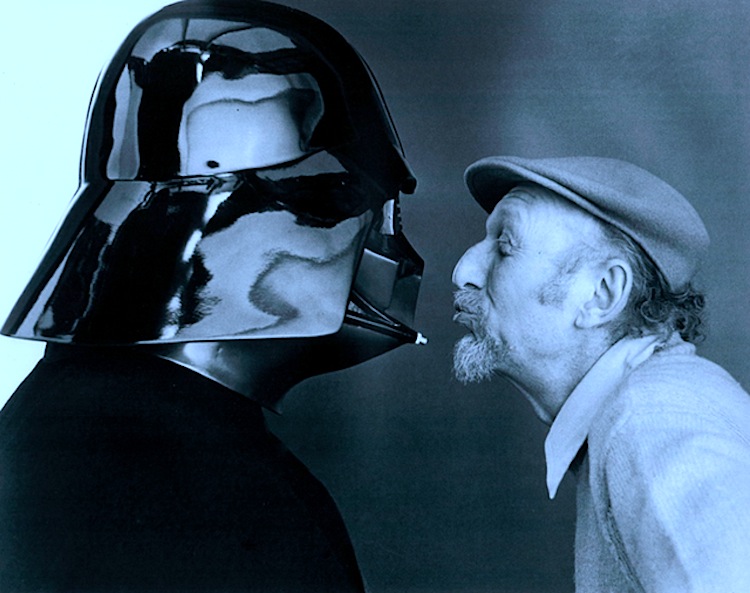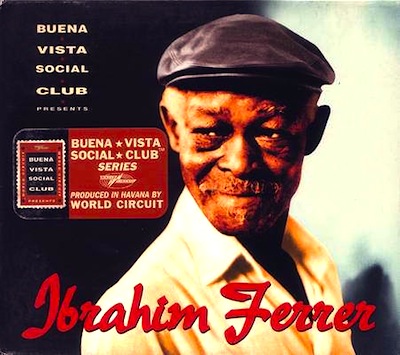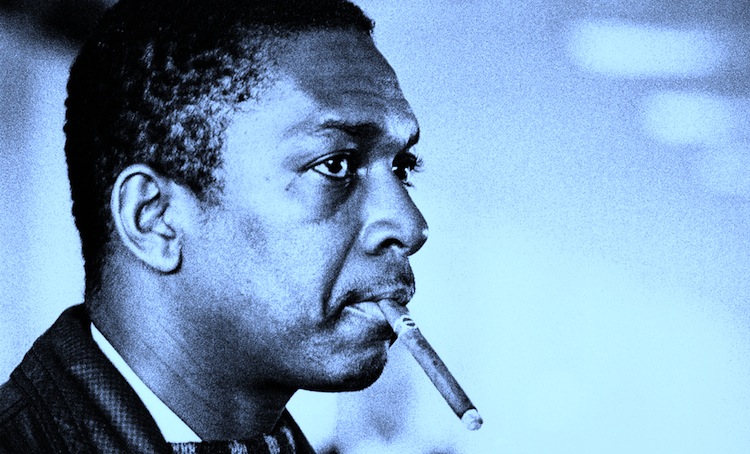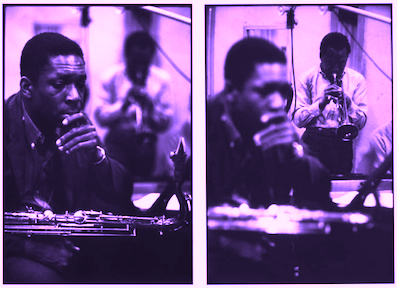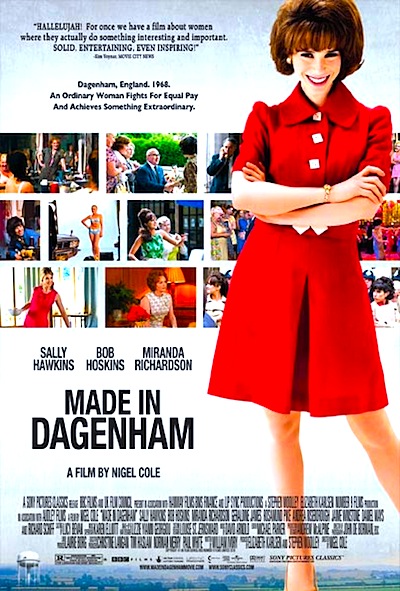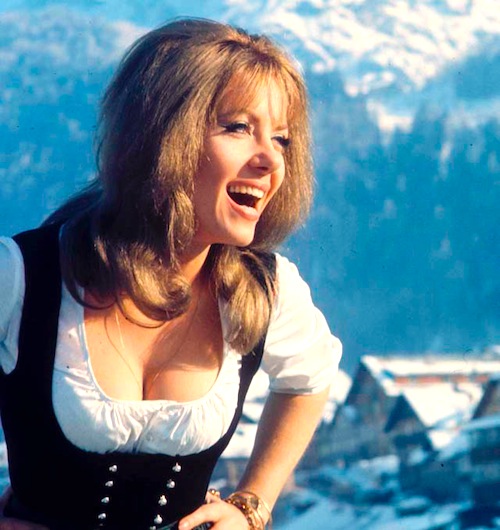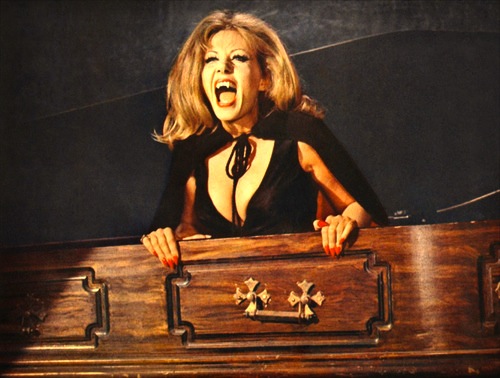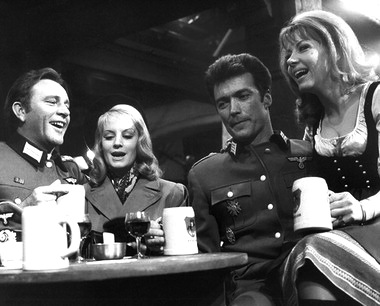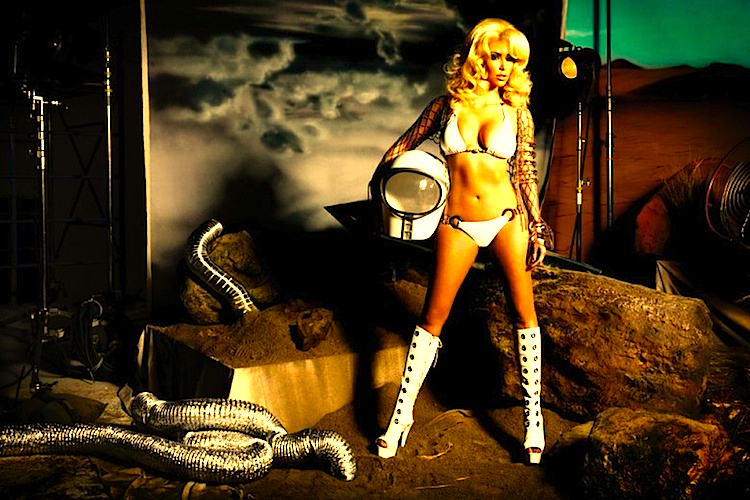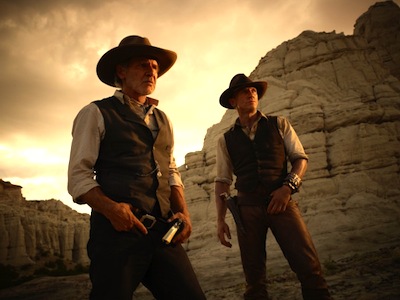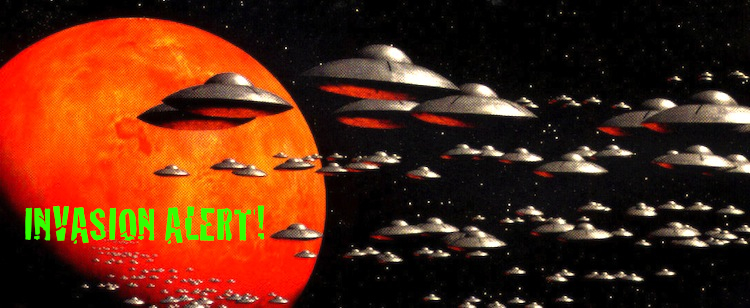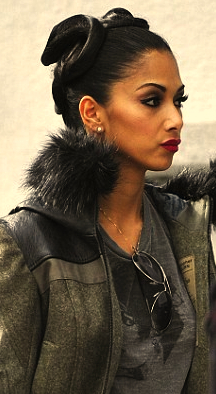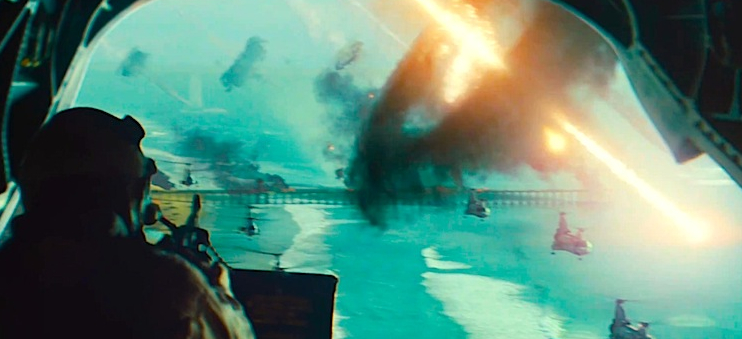By Jason Apuzzo. This is a very hard day for me, and a very difficult post to write. My friend and mentor Irvin Kershner passed away this weekend.
Kersh had been ill for some time. Govindini and I talked to him a month ago, and although the fire was still there, he sounded physically weak. We had hoped for the best, of course, but time and age are unforgiving – even for someone as robust and vital as Irvin Kershner.
For those of you who may not be familiar with Kersh, he was an extraordinary director of major Hollywood films – interestingly, the only director ever entrusted with both a Star Wars film (The Empire Strikes Back) and a James Bond film (Never Say Never Again; in fact, Kersh is the only American to have directed a Bond film) – and also of independent, art-house films, little gems like Hoodlum Priest, The Flim-Flam Man, The Luck of Ginger Coffey or A Fine Madness.
Kersh was a consummate actor’s director, who worked with such famous stars as Sean Connery (twice), Robert Shaw, George C. Scott, Barbra Streisand and Faye Dunaway. He also directed what many people still consider to be one of the best made-for-television movies of all time: Raid on Entebbe, about the famous Israeli hostage rescue. And he was furthermore an exceptionally gifted documentarian and fine art photographer, and would likely have made a major name for himself as a still photographer had he not been so talented a filmmaker.
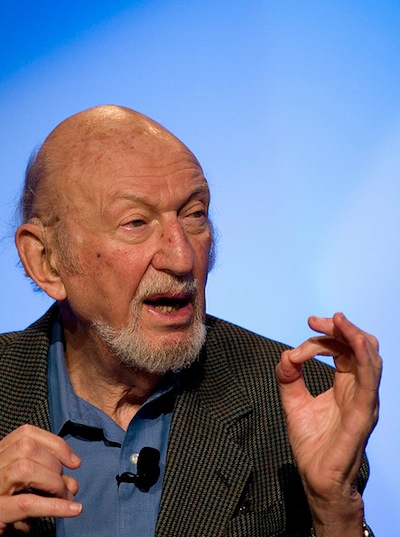
These are some of the details – important, professional details – that you’ll read about Kersh in the articles written about him today (see George Lucas’ reminiscences of Kersh here), particularly with respect to his absolutely perfect direction of The Empire Strikes Back. Nonetheless, I’d like to offer my own, personal observations about the man.
Hollywood – and the filmmaking world generally – are hard, competitive, challenging environments. People are not always kind to one another; what’s worse, these environments do not always bring out the best in people, but very often the worst. It’s for this reason that when you find someone who exhibits qualities of kindness, generosity, open-heartedness, old-fashioned gentlemanliness and wisdom, you hang on to them. Kersh had all of these qualities and more – and so, like a lot of other young people he mentored, I turned to Kersh at a time in my life when I was in acute need of wisdom and guidance.
Because all of us at certain points in our life need mentorship. Mentorship constitutes the bone and sinew of what we are, and so much of what we accomplish.
And when Kersh mentored you, he gave you everything he had. His generosity – his deep desire to encourage and nurture the best in others – was limitless. I can never recall an instance when I called on Kersh for anything and left disappointed. That’s how large-hearted a man he was.
Of course, Kersh seemed to mentor everyone he was around. He’d lived a long, colorful and endlessly fascinating life – but more than that, he’d learned things from his many experiences, things that he was eager to impart to young people willing to listen. I remember spending evenings with him in his home up in the hills over Beverly Hills, a place that became a refuge for me, listening to wild stories about his early days in the Middle East right after World War II, when he retraced the footsteps of Alexander the Great; or his early days in filmmaking, getting his first professional break from Jack Warner; or the time Satyajit Ray almost accidentally burned down his house(!); or the fun he had palling around with Peter Sellers; or absorbing his insights on Buddhism, Christianity and other world religions. I’ll never forget one special evening when Govindini and I had dinner privately with Kersh and Ray Harryhausen, and listened to those two men trade stories back and forth; it was like listening to two men who’d been present at Creation trading secrets on the special luminosity of the dawn. It was that extraordinary.
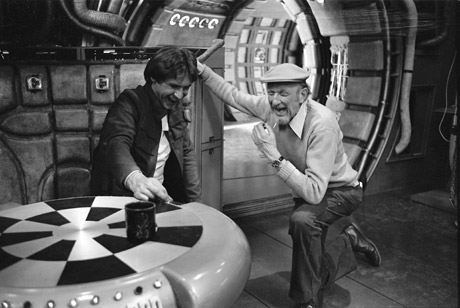
More difficult were the discussions with Kersh about his family, particularly his ancestors in the Ukraine with whom he’d never been able to have contact. As cosmopolitan as Kersh was, as erudite and well-travelled as he would become, I think a part of him always longed for the staedtle – the humble, small-town world of his Jewish ancestors. Kersh always seemed to me too sophisticated – and too deeply sentimental – to really feel at home in the rootless world of L.A. and Hollywood. Kersh was both a consummate insider in Hollywood – the man who injected humanity into franchises (he directed four different sequels in his career) – yet he was also the consummate outsider … a cerebral, Old World gentlemen and artist in an industry full of illiterates and “traffic cops,” as he liked to put it.
This, ultimately, is why Kersh was such a perfect choice to direct The Empire Strikes Back – a movie about a young man (Luke Skywalker) who is offered the keys to the kingdom … but refuses them, because he wants something better for himself. Kersh never quite fit in completely with the industry, even though his immense talent gave him opportunities others could only dream of. Kersh fit in perfectly, however, with the grand and idiosyncratic vision that George Lucas was creating up in northern California, by way of Star Wars. It wasn’t so much Kersh’s film resume, superb as that was, that made him perfect to helm Empire, so much as the size and quality of his heart – which was vast, sensitive and incorruptible.
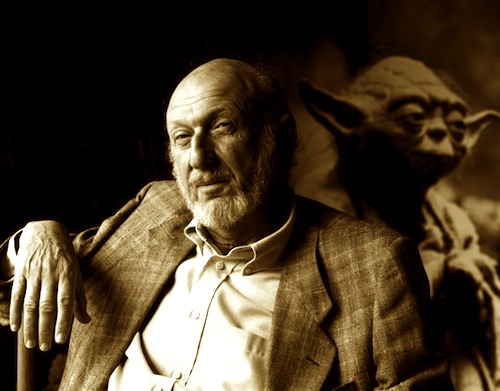
Empire is also the film, of course, that introduced us to the character of Yoda. And as many of Kersh’s acquaintances have pointed out – and as I in my small way can attest – Kersh was Yoda. If you want to know what the man was like, simply watch that film. What this means, of course, is that Kersh was a person who cared about his students – while sometimes coming down on them like a ton of bricks. That was how he – and many others of his generation – chose to do it. Kersh was a tough, hard mentor. He demanded the best. Isn’t that what mentors are supposed to do? I don’t remember feeling a lot of ‘self-esteem’ after leaving his house on the many occasions we visited, but I do remember feeling like somebody actually cared about me and gave a damn about what I was doing.
Kersh was part of that older generation who understand that what young people need isn’t ‘self-esteem,’ but self-discipline and training. So that’s what he instilled in young people – or perhaps better put, that’s what he amplified and channelled in young people, provided those qualities were already there. Because if they weren’t there, you’d never even get through the front door with him.
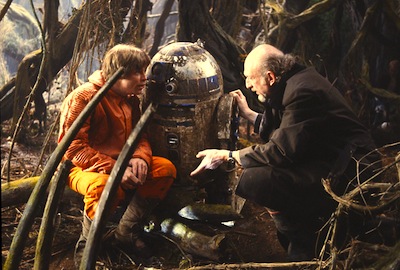
In any case, I’ve lost someone whom I loved and deeply respected, and the world has certainly lost a brilliant filmmaker. He leaves behind him the best legacy imaginable for any mentor: a legacy of individuals, rather than merely acolytes.
If you want to know more about Kersh and how special he was, the best testimony is probably contained in the exceptional new book, The Making of The Empire Strikes Back. That book captures in ways large and small what Kersh did to not only prolong the Star Wars film series – under challenging circumstances – but enrich and deepen the series, as well.
I’d like to say a few words about Kersh’s children, who had been taking such good care of their father for the past several years as Kersh dealt with a series of difficult ailments. Their patience and enduring love for their father were evident to everyone who spent time with Kersh recently, and a father really could not ask for more devotion from his children. Our condolences to them and the rest of his family on this day.
Posted on November 29th, 2010 at 4:06pm.
